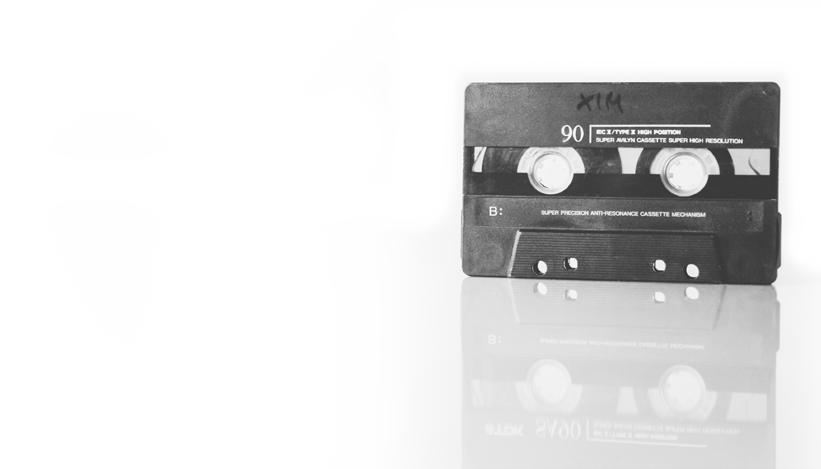
2 minute read
IGCSE MUSIC (0410
IGCSE Drama (0411)
Drama is accepted by universities and employers as proof of knowledge and understanding of both the theory and practical application of drama. Through practical and theoretical study, the IGCSE Drama syllabus encourages students to understand and enjoy drama by:
Advertisement
• developing their performance skills, both individually and in groups • considering ways in which ideas and feelings can be communicated to an audience • discovering the performance possibilities of texts and other stimuli • devising dramatic material of their own
Through practical and theoretical study, learners develop an understanding and enjoyment of drama, developing group and individual skills and studying ways to communicate ideas and feelings to an audience. They learn how to discover the performance possibilities of a text and other stimuli, and devise dramatic material of their own. Learners also develop their performance skills, the demonstration of which will form part of the final assessment.
Course Aims:
• To develop candidates’ understanding of Drama through practical and theoretical study. • To enable candidates to realize the performance possibilities of text and other stimuli. • To encourage the use of dramatic forms and structures to communicate feelings and ideas to an audience. • To help candidates to acquire and develop skills in Drama, both individually and in groups. • To develop understanding of the processes leading to performance and the elements involved in creating a performance; to be able to evaluate the various stages of performance work. • To encourage enjoyment of drama.
Assessment:
Component 1: Written examination (Weighting: 40%)
Externally assessed 2hr 30 minutes. Students answer questions on the previously studied extracts from two plays and one devised piece as specified in the pre-released material.
Component 2: Coursework (Weighting: 60%)
Internally assessed and externally moderated. Candidates submit three pieces of practical work:
• One individual piece (max 3 minutes): a performance of an extract from a published script
• Two group pieces (max 20 minutes): one original devised piece and one performance of an extract from a piece of repertoire.
IGCSE MUSIC (0410)
When studying the Cambridge IGCSE Music syllabus, learners listen to, perform and compose music, encouraging aesthetic and emotional development, self-discipline and, importantly, creativity. As a result, learners enhance their appreciation and enjoyment of music, an achievement that forms an ideal foundation for future study and enhances life-long musical enjoyment.
Learners study music of all styles; each style is placed in its historical and cultural context, and they are encouraged to be perceptive, sensitive and critical when listening. Although the majority of the syllabus examines Western European music, the music of other cultures is always represented.
Course Aims:
The aims of the syllabus are to: • enable candidates to acquire and consolidate a range of basic musical skills, knowledge and understanding, through the activities of listening, performing and composing • help candidates develop a perceptive and critical response to the main historical periods and styles of Western music • help candidates to recognise and understand the music of selected non-Western traditions, and thus to form an appreciation of cultural similarities and differences • provide a foundation for the development of an informed appreciation of music • provide a foundation for further study in music at a higher level.
Assessment
Listening (1hr 15 minutes; 70 marks) Performing (2 prepared performances; 50 marks) Composing (2 contrasting compositions; 100 marks)




